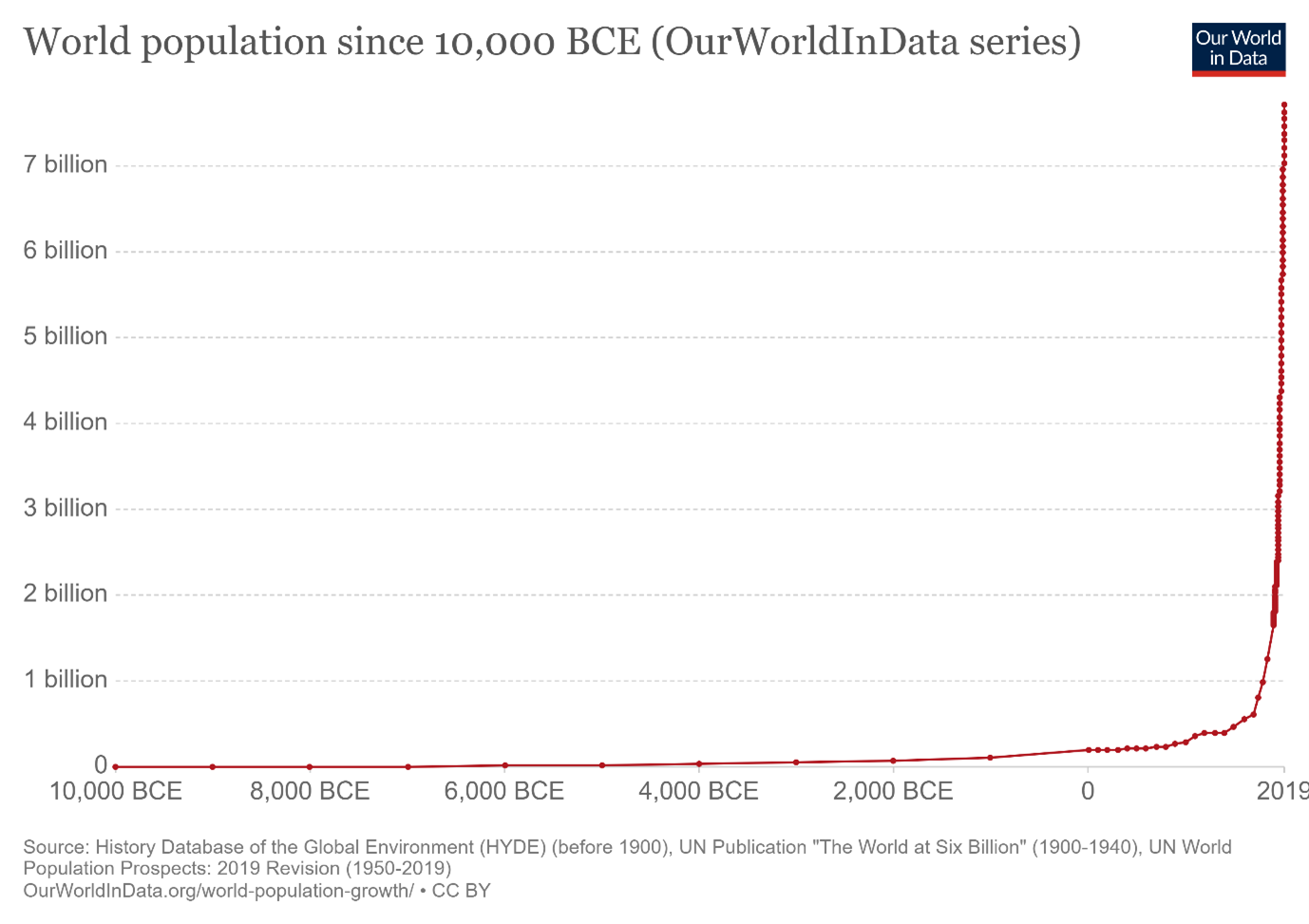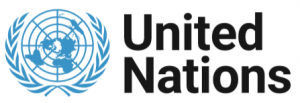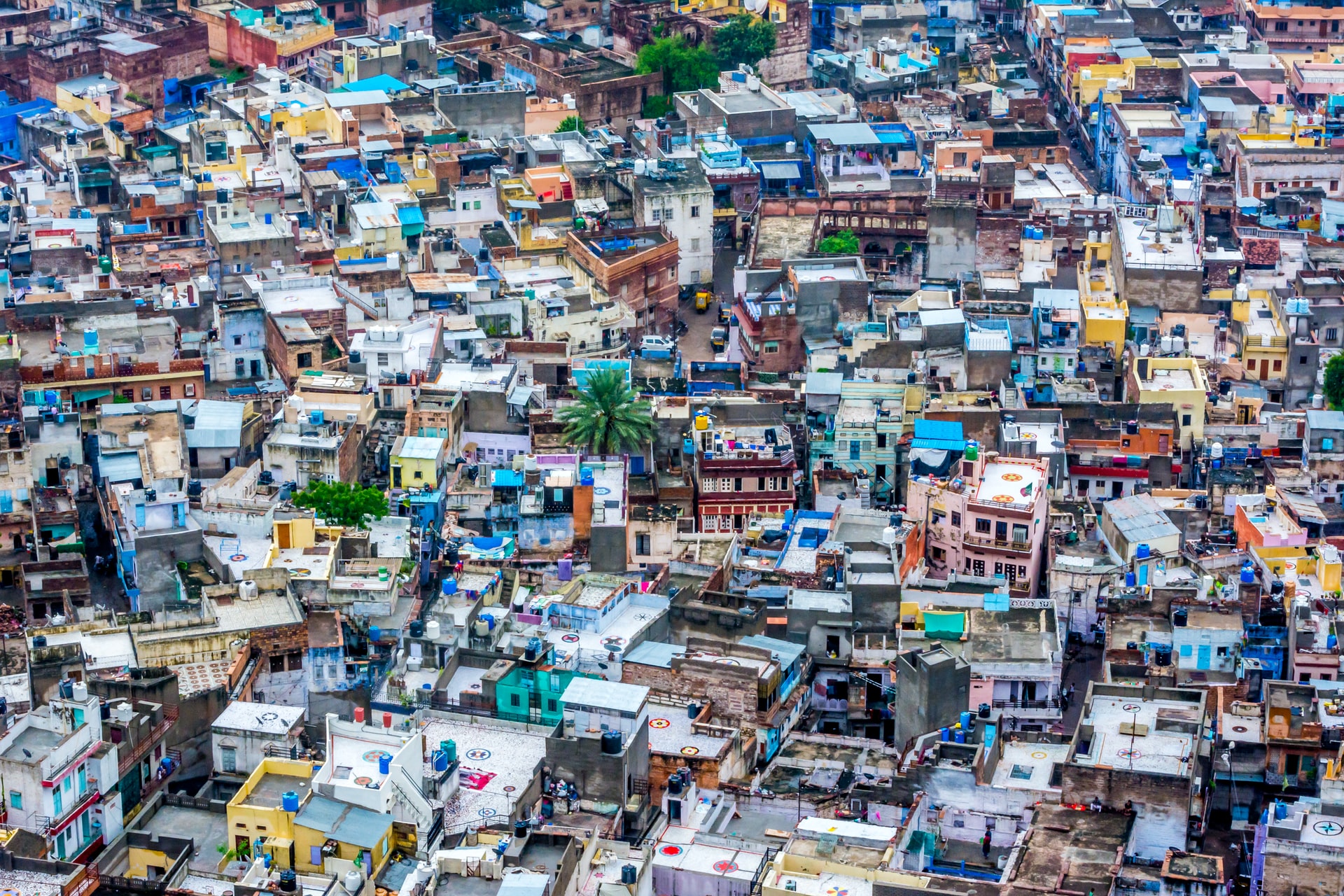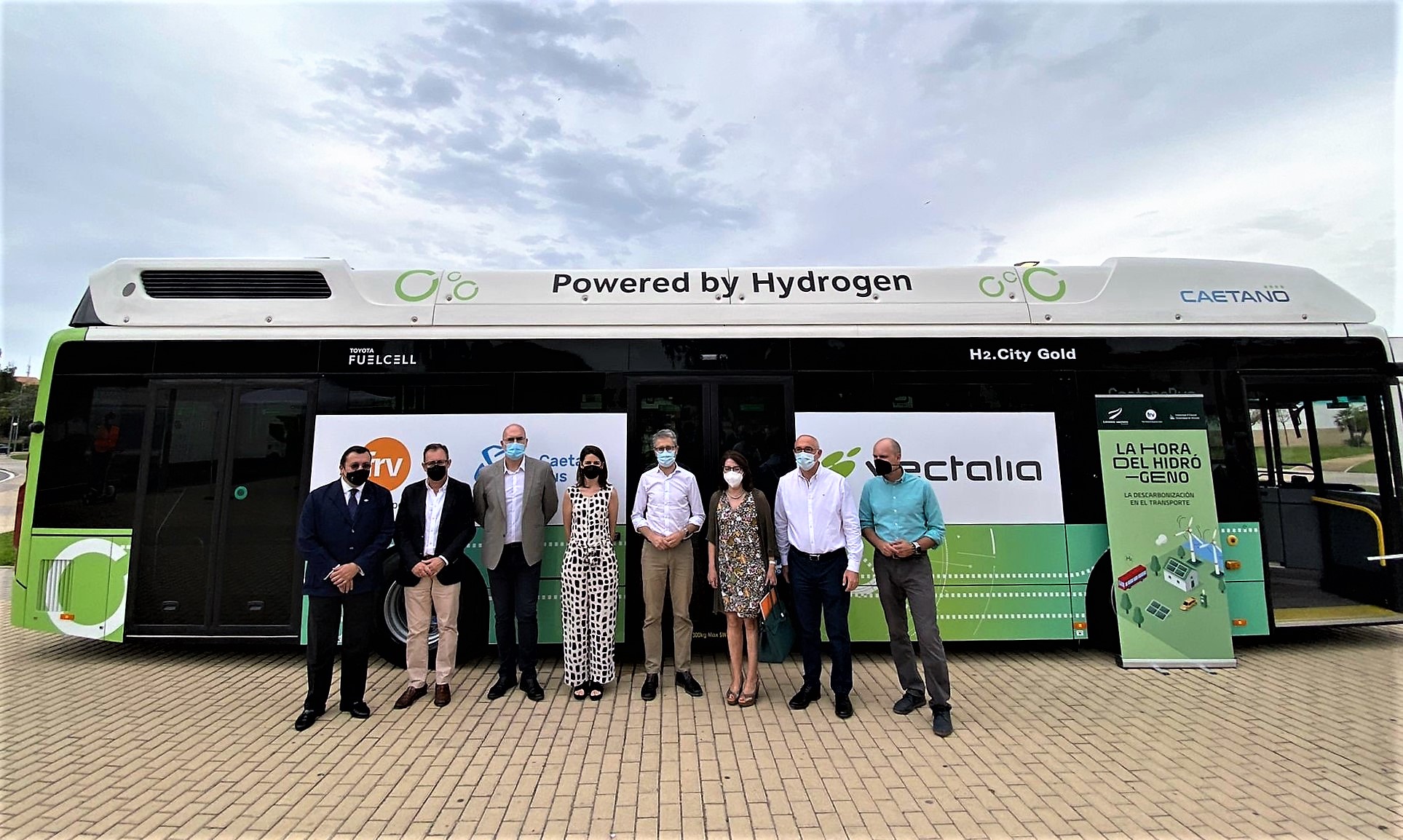A catalyst for change this World Population Day

It took hundreds of thousands of years for the world population to grow to 1 billion . . . but only another 200 years or so to grow sevenfold – a staggering statistic.
In 2011, human inhabitants of the planet Earth reached the 7 billion mark, and a mere one decade on, in 2021, the global population already stands at 7.7 billion. UN forecasts expect this figure will grow to 8.5 billion by 2030, 9.7 billion in 2050, and surpass the 10 billion mark, to 10.9 billion in 2100.

 Today, Sunday July, 11, is the UN World Population Day, an awareness day that shines a light on the health and rights of our world’s growing population, with a particular focus on women and young people.
Today, Sunday July, 11, is the UN World Population Day, an awareness day that shines a light on the health and rights of our world’s growing population, with a particular focus on women and young people.
We all have the right to a healthy life and the resources to sustain it – no one would argue with that. Tackling the pressures on these resources from rising demand due to population growth is something the Jameel Family has long sought to help find a solution for. The Abdul Latif Jameel Poverty Action Lab (J-PAL) at MIT, started a long collaboration with Community Jameel in 2005, with its founders being awarded the Nobel Prize for Economic Sciences in 2019 for their pioneering work to alleviate the causes of poverty.
Community Jameel and MIT co-founded the Abdul Latif Jameel Clinic for Machine Learning in Health (Jameel Clinic) in September 2018 – which has rapidly become the very epicenter of AI and healthcare at MIT – and the Abdul Latif Jameel Institute for Disease and Emergency Analytics (Jameel Institute) co-founded with Imperial College London, in October 2019, using novel data analytics to reduce global risk of preventable disease most recently including the 2020 COVID-19 pandemic, and strengthening health systems in the most fragile settings.
In 2020, as the world continued to grapple with the impacts of the COVID-19 pandemic, Abdul Latif Jameel established Abdul Latif Jameel Health to take this commitment into the commercial environment addressing tangible real-world needs today, for a better tomorrow. It is focused on health care inclusion in the global south, accelerating access to modern medical care for those who need it most by opening and growing new markets for distribution of existing solutions and investing in the future of MedTech.
Rising populations put pressure on water and food and the Abdul Latif Jameel Water and Food Systems lab (J-WAFS) was co-founded with MIT in 2014, to fuels research, innovation and collaboration to tackle urgent global water and food systems challenges.
The world is also seeing record high levels of urbanization; 2007 was the first year in which more people lived in urban areas than in rural areas, and by 2050 approximately two thirds of the world population will live in cities. Fady Jameel, Deputy President and Vice Chairman, Abdul Latif Jameel, wrote how and why cities must adapt for the 21st Century in this Spotlight feature.
He says: “Cities are the engines that have spurred our economies to unprecedented growth, and accordingly raised living standards to new highs. They have served as melting pots for cultures and fermented ideas that have transformed both commerce and art. They are statements to the world. Honey pots for tourism, and stages upon which billions of lives play out every day.”
But at the same time, cities are also the reason for some of the worst problems of our age: overcrowding when population densities outgrow space, long term public health failures when close proximity living overwhelms sanitation, pollution linked to industrialization and traffic, periods of mass unemployment, social dysfunction and sometimes even conflict when disparate communities are thrown together and left to compete for values and resources.

The pandemic has prompted creative thinking, with real-potential solutions highlighting how we can adapt our way of life to make cities healthier and fairer places in the future.
The World Economic Forum (WEF) says the world is currently confronting “the ineptitude of existing health and wellbeing infrastructure and the consequences of inadequate preventative health mechanisms, particularly for the most vulnerable in society”.
Inequality lies at the heart of much of the suffering during the pandemic, notes the WEF, with urban lifestyles blighted by over-reliance on vehicles, unhealthy diets and poor environmental conditions. These factors are not new, however, and are replicated in developing economies such as India, where by 2030 a rise in non-communicable diseases could account for 70% of the country’s illnesses.
If the pandemic serves any beneficial purpose it is focusing our attention on the dual problems affecting many of our cities – inequality and health.
Depending on the pressures and resources facing different regions globally, the WEF suggests that mitigation strategies should involve:
- Improved sanitation systems
- More pedestrian routes to encourage physical activity
- Personalized diagnostics for healthy lifestyles
- Vertically farmed fruit and vegetables for more nutritious, locally-sourced diets
- Local interventions such as mobile public showers
- Universal income policies to ensure basic living standards
Such measures won’t come cheaply or be logistically simple. They will require the cooperation of national and local governments, private developers, investors and multilateral organizations.
What should always be remembered is that cities are just buildings and nothing without the people who inhabit them and create communities.
Abdul Latif Jameel continues to strive to contribute to solutions that support new ways of living, working, and powering the future, commercially as an investor in the infrastructure of life, and through Community Jameel, the Jameel Family’s global philanthropy.
We are passionate about building on our legacy as prime movers in eco-friendly transport and future mobility solutions to envisage what city-scale mobility will encompass in the coming decades.
We played a key role in a pilot project for hydrogen fuel cell vehicles in Saudi Arabia, supplying a test fleet of Toyota Mirai hydrogen-powered vehicles. Through the Abdul Latif Jameel Investment Management Company (JIMCO), the active global investment arm of the Jameel Family, we are also early stage investors in RIVIAN, the US-based EV innovator, and we have invested in California’s air-taxi pioneer Joby Aviation, helping it to become the world’s best funded air-taxi start-up.
One of the biggest challenges, of course, will be generating clean energy to power our cities. Our flagship renewable energy specialist Fotowatio Renewable Ventures (FRV), is now active in 18 countries across a range of solar, wind, energy storage projects in the UK and Australia. It too is playing a pivotal role in decarbonizing public mobility with new projects for green hydrogen-fueled transportation, most notably and recently for buses in Alicante, and for taxis in Madrid.

Similarly, our groundbreaking Almar Water Solutions enterprise aims to address the water needs of our growing population, with landmark projects in Al Shuqaiq in Saudi Arabia; and Muharraq in Bahrain. In 2020, Almar expanded its portfolio again with the acquisition of the Ridgewood Group in Egypt, with 58 desalination plants across the country and more recently, OsmoFlo SPA and Aguas y Riles in Chile.
The mega-trends highlighted and examined on World Population Day have far-reaching implications, affecting economic development, employment, income distribution, poverty, and social protections. To more sustainably address the needs of individuals, policymakers must understand how people live on our planet, where they are, how old they are, and how many people will come after them.
At Abdul Latif Jameel, we believe that private capital can be a catalyst in driving business and government investment into solutions to combat issues such as climate change and accelerate the transition to a more sustainable economy. Learn more about the Jameel Family’s contribution to the UN Sustainable Development goals here.
Today on World Population Day, these issues have never been more prevalent and in need of action.



 Added to press kit
Added to press kit


